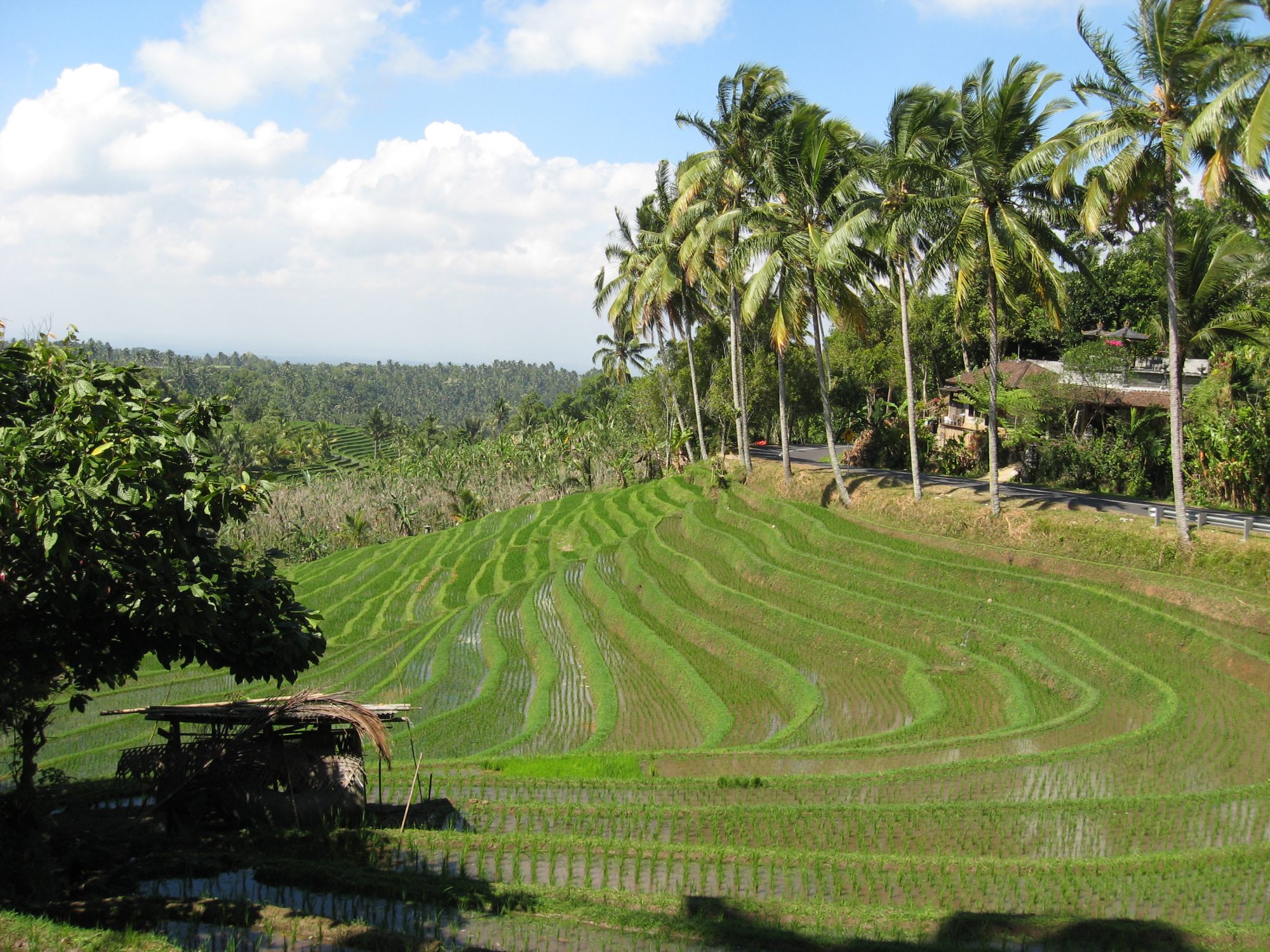About me

Hi, my name is Yoram K. Kunkels and I currently work as a scientific employee and programmer at the Dutch Central Bureau for Statistics (CBS). Here, I mainly work on designing, developing, creating, and maintaining, dashboards that allow easy and insightful access to large and complex (economical) datasets. I am also occasionally involved in other projects, such as preparing large datasets for dissemination. In these contexts, I work mainly with R and R Shiny, and occasionally use SQL, Javascript, and CSS.
Next to my normal job, I am also the lead developer of the ESM Item Repository. This is an innovative academic database for ESM/EMA questionnaire items.
I did my PhD at the University Medical Centre Groningen (UMCG) on the Trans-ID Project. This project focussed on the detection of critical transitions in depression, based on complex dynamical system theory and individual time series experiments. Within this project, I investigated physiological measurements, such as heart rate variability and sleep- and activity patterns, and their relation with transitions in depression.
I recieved my Bachelor Psychology from the University of Amsterdam (UvA) in 2013. Subsequently I recieved my Research Master Psychology from the UvA in 2016. My masterthesis was about continuous and discontinuous transitions in smoking behaviour, and whether non-linear models, such as the cusp catastrophe model, would fit such data better than traditional linear models. During my studies, I recieved multiple prices and awards, such as: the Best Social Bussiness Plan Award 2014, a Honours Bachelor (2014), and the YIELD Graduate Programme (2014-2016).
My academic interests lie in: Dynamical Systems, Psychophysiology, Time Series Analysis, and Programming (R) and Automatisation. Additionally, I support the current trend towards open science, pre-registration, systematic replication, and improved scientific integrity. Therefore, I am currently working om multiple scientific integrity projects, whilst having worked with an international academic consortium on a high-impact article on scientific integrity [1].
[1] Open Science Collaboration (2015). Estimating the reproducibility of psychological science. Science, 349 (6251). DOI: 10.1126/science.aac4716.




